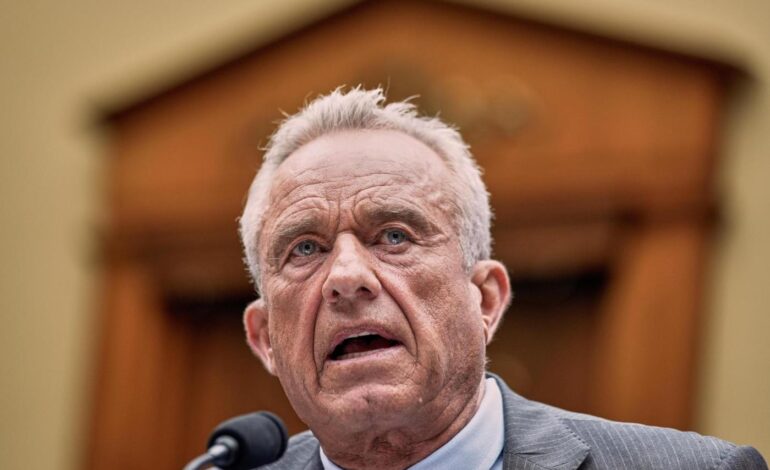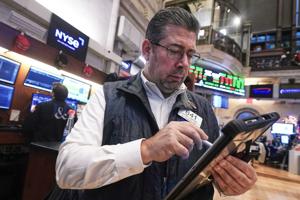RFK Jr. Halts mRNA Vaccine Funding, Raising Global Health Concerns

Robert F. Kennedy Jr., head of the Department of Health and Human Services, has announced the suspension of approximately $500 million in funding for mRNA vaccine research and development. This decision, which has raised alarm among public health experts, could have serious implications for vaccine innovation and global health.
The mRNA technology was pivotal in the creation of the Pfizer-BioNTech and Moderna COVID-19 vaccines, developed under former President Donald Trump during his first term. By withdrawing financial support for mRNA research, Kennedy is prioritizing his anti-vaccine stance over established scientific advancements aimed at saving lives. This move has sparked concerns that it could lead to increased mortality rates from preventable diseases worldwide.
Potential Consequences of Funding Cuts
The ramifications of this decision extend beyond immediate vaccine development. Public health experts fear that halting research could undermine progress made over the past several decades in combating infectious diseases. Vaccines work by training the body to recognize and fight pathogens, a process that has evolved significantly with technological advancements like mRNA.
The mRNA approach represents a groundbreaking shift in vaccine technology, recognized for its effectiveness and safety. Researchers who pioneered this method received the Nobel Prize for their contributions. The success of the COVID-19 vaccines illustrates the potential of mRNA technology to rapidly respond to emerging health threats.
By cutting funding, Kennedy risks losing ongoing projects that could yield vaccines for current and future viral threats. The public’s relationship with infectious diseases is akin to an arms race, where pathogens continuously evolve to evade our defenses. The ongoing development of mRNA vaccines has been crucial in keeping such diseases at bay.
Call for Accountability
Health advocates are calling for immediate action in response to Kennedy’s decision. Many are urging Congress to consider measures to reverse the funding cuts and ensure that critical research continues without interruption. The potential for loss of life due to a pause in vaccine development is a pressing concern.
The complexity of federal health policymaking often obscures the immediate consequences of such decisions. Nevertheless, this particular situation presents a stark and alarming reality: the suspension of mRNA vaccine research could result in preventable deaths both in the United States and globally.
Kennedy’s actions reflect a troubling trend where ideology may overshadow scientific evidence in public health policy. The urgency of the situation calls for a thorough examination of leadership decisions that impact the health and safety of populations.
Public health experts emphasize that a delay in research funding could lead to lost opportunities and wasted resources, complicating efforts to combat future outbreaks. The stakes are high, and any disruption in the scientific community’s work could have dire consequences for global health.
The call for accountability is clear: immediate intervention is necessary to safeguard public health and ensure that critical vaccine research continues unimpeded.






